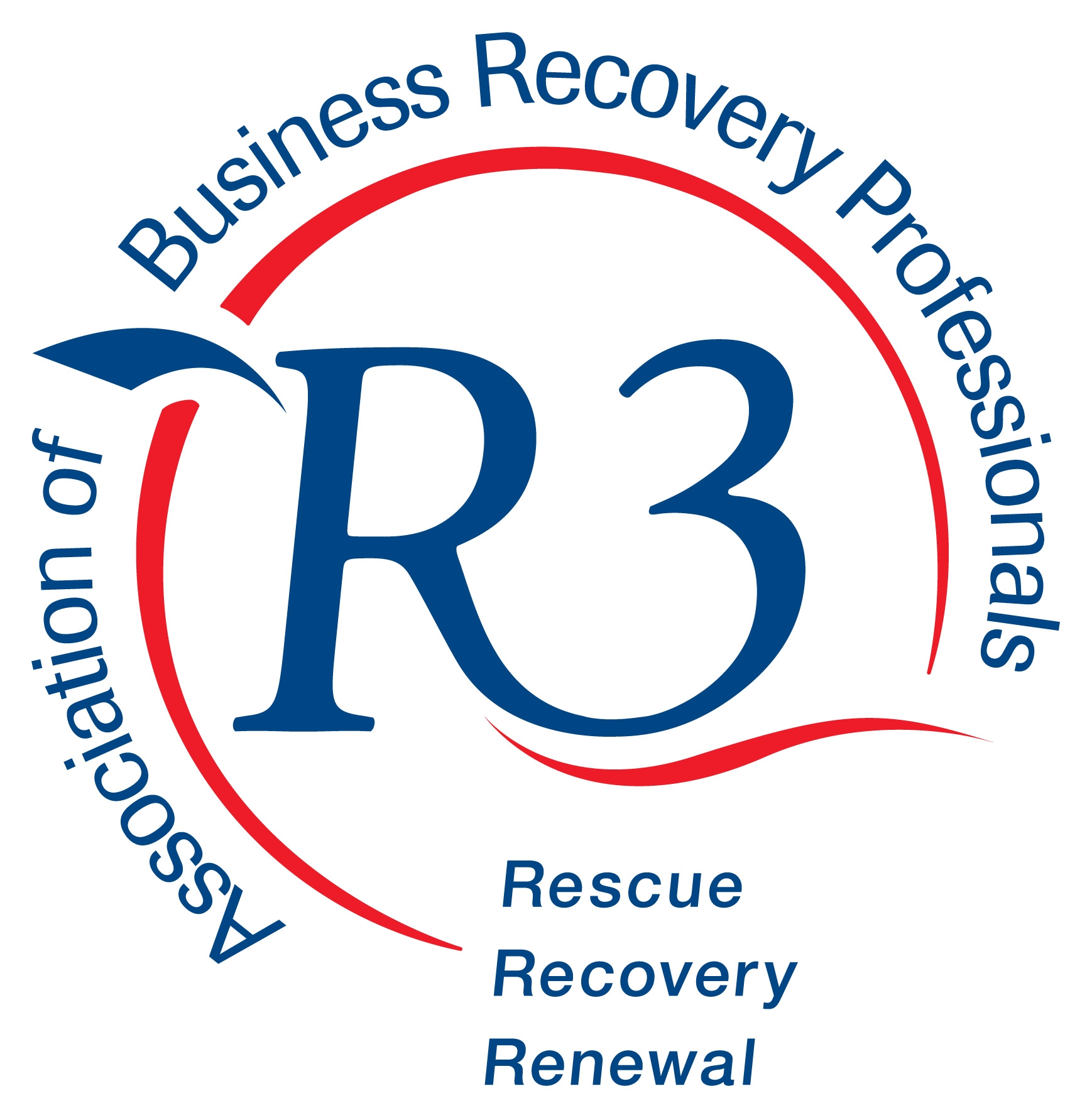What does it take to work as an IP?
 From dealing with creditors to advising anxious company directors, R3 explains the
many skills required of an IP.
From dealing with creditors to advising anxious company directors, R3 explains the
many skills required of an IP.
Insolvency practitioners (IPs) play an important role in the UK’s economic landscape. Their work is diverse and includes rescuing distressed businesses, saving jobs, maximising returns to creditors, investigating fraud and counselling those with personal finance difficulties.
In the UK, there are about 1,750 IPs and 12,000 professionals who work in insolvency. The UK’s insolvency regime is regarded as one of the best in the world.
Background and specialisations
Some IPs specialise in personal or corporate insolvency, but many work in both fields. Cases can be complex, and at times high-profile, but those in the profession apply their skills to ensure the best possible outcome for those involved.
Most IPs have an accountancy or legal background, but the skill set needed for a career in insolvency often goes far beyond these traditional roles. On a day-to-day basis, work can involve dealing with creditors, anxious company directors, concerned employees and a host of other stakeholders in the business.
While it can certainly be a demanding and challenging profession, it is also an incredibly rewarding one. The work of those in the profession affects the lives, prospects and livelihoods of the creditors and debtors that they come into contact with.
Formal insolvency procedures
A core element of the function of the insolvency profession is working with insolvent businesses and their creditors in formal processes. Besides the government’s official receiver, licensed insolvency practitioners are the only people permitted to oversee formal insolvency procedures. The most common of these are liquidations, administrations and company voluntary arrangements.
If an IP is approached at an early stage, there is often an opportunity to successfully keep a business going. The profession sees first-hand the personal toll of a business failing and makes every effort to save jobs where possible. Between 2013 and 2014, the insolvency profession rescued two in five businesses that they worked with. This equates to saving approximately 6,700 companies and 230,000 jobs across the UK.
Even in cases where a company has reached the end of the line, determination and resourcefulness are needed to secure the best possible result for the business, employees and creditors.
IPs also helped indebted individuals and their creditors through formal processes such as bankruptcies and individual voluntary arrangements. It’s crucial that indebted individuals receive appropriate advice and follow the best path for dealing with debts. Licensed insolvency practitioners are trained in all aspects of the law and procedure, and are well placed to provide information about the options open to those struggling with their finances.
The profession helped 60,000 people through an insolvency procedure in 2013 and 2014, starting work on cases that will help individuals to repay £5bn of personal debt to creditors within five years.
Yet the work of the profession goes far beyond formal insolvency procedures.
Restructuring and advice
Providing restructuring and informal advice has become an increasingly important focus of the profession.
Corporate insolvencies have been lower than expected in recent years, due to a combination of low interest rates, lenient creditors and government support. Lenders and directors are also recognising the value of seeking professional advice before a company becomes insolvent, which has led to an increase in restructuring work being undertaken by the profession.
What powers does an IP have?
Those outside of the profession may be surprised by the amount of investigative work that IPs do. They have a duty, and the powers, to investigate wrongdoing or fraudulent activity by the directors of insolvent businesses and individuals.
Under the Insolvency Act 1986 and supporting legislation, IPs have considerable powers, including the ability to:
- interview anyone with relevant information and compel answers
- search and seize property associated with fraud
- take over the financial affairs/property of those conducting fraud by court order
- obtain passport orders, whereby an individual must surrender their passport to prevent them leaving the country

In the UK, the profession is represented by R3,the insolvency and restructuring trade body. Its members range from senior partners at global accountancy and legal firms, to practitioners who run their own small businesses.
R3 engages nationally and regionally with the government and stakeholders on policies relating to the insolvency profession, ensuring that the UK’s insolvency regime retains its reputation, flexibility and efficiency.
